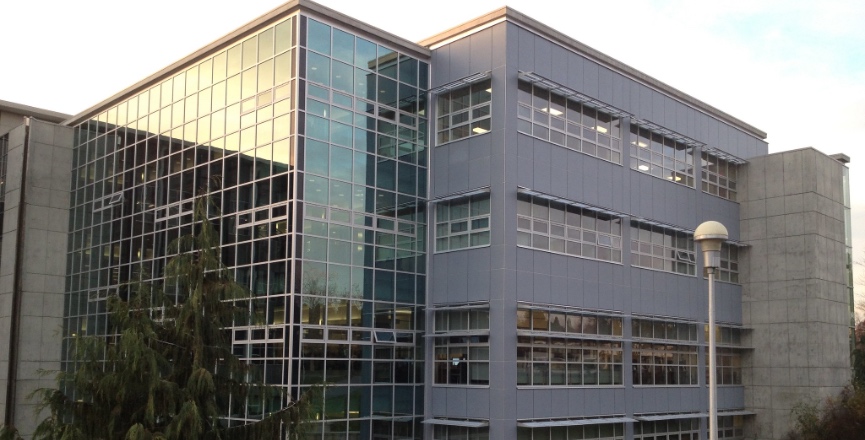Sarah (not her real name) has been teaching at the University of Victoria for over 15 years. Unlike many of her colleagues, she is lucky enough to be teaching full-time with benefits.
However, as a sessional lecturer, her job is not secure. Like some of her colleagues, she fears she could be demoted to part time.
According to the union, as some full-time instructors have lost courses and faced demotion, they have been forced into other part-time jobs and increasing precarity.
Bargaining for job security
Job security is the main goal for the 450 sessional lecturers and music instructors currently in negotiations with the university, according to CUPE 4163 president Greg Melnechuk.
On Friday, August 9, the two sides reached an impasse within two days of another round of bargaining talks. The talks have been ongoing for five months, under the looming threat of job action.
The membership has already voted overwhelmingly in favour of a strike, if the need arises.
Only 70 out of the 450 members of the bargaining unit have a “measure of job security,” according to Melnechuk. They are called “continuing sessional lecturers,” who have a full-time course load.
The more common type of lecturers are “term sessionals” who typically work part time, potentially teaching one or two courses a semester. They may qualify for benefits, depending on their course load, but are constantly competing for courses against other instructors.
“For the term instructors, it can be pretty tough. They’re working at UVic, but they’re most likely working elsewhere to be able to pay the bills,” Melnechuk says.
Graduating to “continuing sessional” and maintaining that status requires a certain number of courses within a five-year period.
But that can be easily manipulated by the university, says Melnechuk, as the administration can award and withhold courses to save costs.
Hence, according to the union, the number of term sessionals has increased over the past several years.
“We have some proposals around job security. And the university is not taking them seriously,” Melnechuk says.
He says that one of the union’s proposals would have cost the university only $23,000 annually, but even such modest overtures continue to be ignored.
BC government’s bargaining mandate
Melnechuk says UVic is in a solid financial place. The university posted a $34 million surplus, according to its 2017-2018 financial statements.
In an emailed statement, Kane Kilbey, UVic’s vice president of human resources, said, “The total cost for the renewed contract must not exceed the BC government’s financial mandate.”
The government’s mandate applies to public sector employers, and limits them to providing 2 per cent annual wage increases. The wiggle room for employers is limited, with some flexibility in negotiating “modest and conditional” funding.
However, according to B.C.’s Ministry of Finance, universities manage their budgets independently, including how they allocate staff.
The myth of the well-paid lecturer
According to Melnechuk, one of the reasons UVic can get away with treating its workers so disrespectfully, is that most people have no idea about the hierarchy within academic ranks.
“I went to UVic 20 years ago, and I had no idea really about the difference between faculty and sessionals,” he says. “And now I think back and go, ‘Wow, half my favorite instructors were actually sessional instructors.'”
“[Most people] probably assume that everybody that’s teaching them at UVic is making a really good wage and that’s not true.”
Systemic issues
Melnechuk says that the increasing precarity at the university stems in part from post-secondary funding cuts by the previous provincial Liberal government. He says while instructors are more likely to be working part time, the size of the university administration continues to grow.
“I think [the current NDP] government should really take a look at how the universities are being run, because, you know, the manager class is growing and growing. And their wages don’t seem to be suffering at all.”
Pointing to increasing class sizes paired with increasing workloads for instructors, Melnechuk says that an in-depth study of the way universities operate would be revealing, and potentially ‘shocking’ for the government.
Zaid Noorsumar is rabble’s labour beat reporter for 2019, and is a journalist who has previously contributed to CBC, The Canadian Press, the Toronto Star and Rankandfile.ca. To contact Zaid with story leads, email zaid[at]rabble.ca
Image: Page DeWolfe/Flickr



